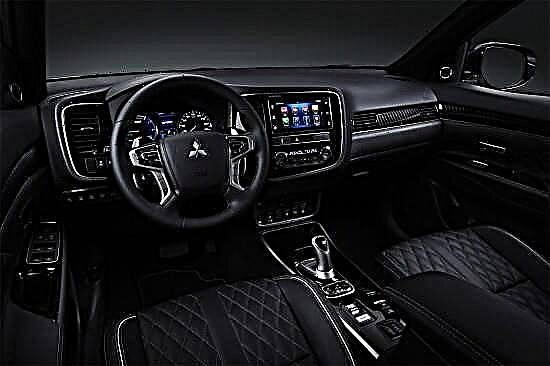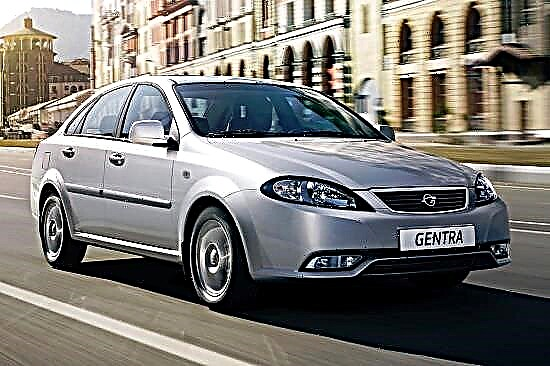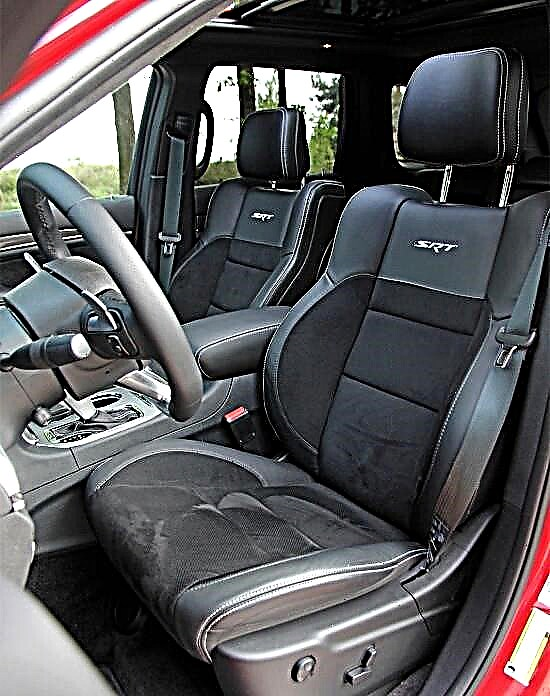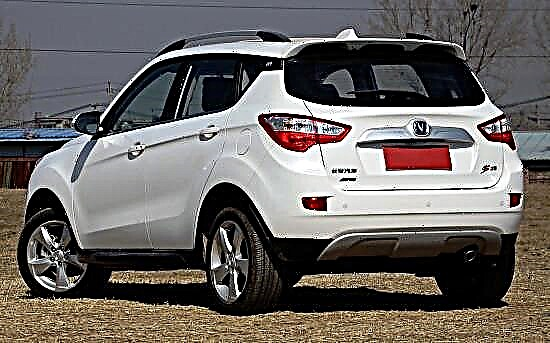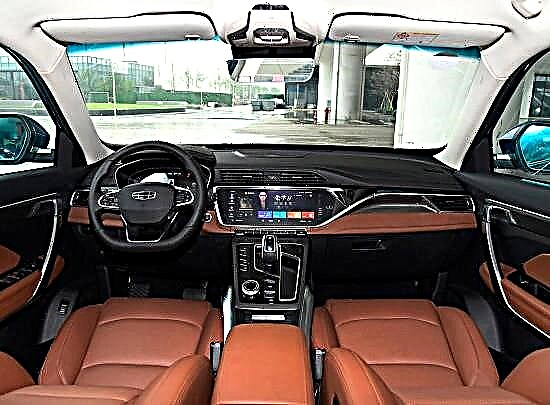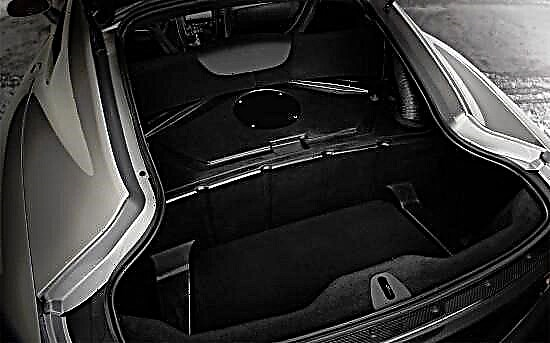All existing stations and places of car repair can be conventionally divided into three groups: dealer service stations, third-party car service and “garage” workshops. But how to separate small professional service stations and “garage” workshops? We will consider that a professional service is one where there is necessarily a washing section, a hydraulic lift, a spray booth and a camber-toe stand.
In fact, this is the very minimum, without which the station can be objectively classified as a “garage” one. But it should be borne in mind that here we are not considering specialized stations (such as, for example, "Gearbox repair", "Engine repair", etc.), but only those that do all types of car repairs.
So where is it better to repair a domestic car - at a dealer service station, a third-party car service or in "garage" workshops?
Dealer service stations.
Prices, of course, at dealer services are the highest among all the others, but in practice everything is not so simple.
Timing - usually all dealer services are quite busy with repairs under warranty: this is a feature of domestic cars. You need to queue up to receive warranty repairs, and here the terms can be, let's put it mildly, quite long. But if you came to repair the car for money, and the amount of repair is also decent, then the station will find a way to receive you as quickly as possible. Officially, dealers deny this approach, claiming that they are all equal. However, as real practice shows, you can always come to an agreement.
The quality of repairs and diagnostics at dealerships is certainly on top. In matters of diagnostics, dealership stations have practically no equal - they have a full set of stands, and this equipment is of high class. The same is with the quality of the works themselves: they are done today no worse than at stations for foreign cars.
But, unlike “foreign cars”, dealers of domestic cars can afford to bring their spare parts (!) For repair, if the car is not under warranty. Although they look at this, as they say, askance and dissuade in every possible way, criticize the brought parts and warn that they are not responsible for their quality - which is logical. In addition to Russian spare parts, dealers offer higher quality (but also more expensive) European-made parts at almost all stations.
In terms of ease of use, dealer service stations are one of the best. It is easy to find a branded auto center on the Internet or in a reference book, it is easy to call, the question of an appointment can be resolved by phone. The furnishings are branded: hall, reception, TV, flowers ... the staff is polite. But communication with the service manager is only through the dispatcher, customers are not allowed into the workshop. However, this standard is used in all, and in "foreign-made", auto centers - otherwise in the repair zone from clients (each of whom knows better than the master how to repair a car) there will be simply nowhere to turn around.
The main advantage of certified service stations is the annual training and certification of all specialists, the availability of a special tool for repair and a warehouse of original spare parts. This, in no small degree, allows you to provide high-quality professional repair. At certified service stations, they will issue a guarantee for work and spare parts not in words, but in documents.
As for the car repair under warranty service, then there can be no question of repair in a third-party service and "garages" - if, of course, the owner wants to keep the car warranty. No one can take better care of the warranty car than the organization itself that sold and produced MOT.
In case of disputable situations, the law will most likely be on the side of the consumer. And, finally, the prices for work in certified service stations are strictly rationed, and not taken from the head, due to which repairs are usually cheaper.
Third-party service stations.
A third-party (i.e., not a dealership) professional car service is perhaps the most interesting subject of our conversation. The question with prices is already interesting. For non-dealer service stations of a high class, which are guided by foreign cars, inexpensive repair of domestic VAZs or GAZs is often not particularly interesting. The owner is either denied or given a price similar to the repair of a “foreign car”, which turns out to be close to the dealer's, and sometimes even higher. However, the quality of the repair is also not worse than the dealer's.
An integral feature of all third-party service stations is the ability to use spare parts brought with you. Moreover, at non-dealer service stations specializing in VAZ / GAZ / UAZ, or those where the share of Russian cars is large, as a rule, they always offer options for spare parts from different manufacturers: more expensive and cheaper.
In terms of terms, third-party service stations successfully compete with dealerships, and nominally they repair and service faster. However, in practice, it often happens that the station is heavily loaded, and you have to wait. While the dealer's car will take even this minute.
However, finding another service station is also not difficult - in any reference book and on the Internet you can find a dozen phones. Ease of use, especially for large services, is not worse than that of dealers: a lobby, a reception desk, a TV ... At many service stations, you can directly contact the service manager. Sometimes they are allowed into the workshop.
If the car has already expired the warranty period, then the owner has the widest choice of places for repair. And quite a logical desire here is to maintain and repair a car with lower costs, but at the same time, get service at a "garage", but professional quality.
The solution to this issue is professional non-dealer service stations. Such car services have all the necessary equipment and can perform any kind of repair. At the same time, the car owner receives repairs of the same quality as in dealer car services, but at a more affordable price than that of dealers.
In addition, in most cases, the car in third-party service stations will be repaired faster. And one more thing: it's not such a big secret that a number of non-dealer services, by agreement, make repairs (mainly bodywork) for cars received from dealers who received them from customers at their stations.
"Garage" workshops.
Prices in "garages" are objectively the lowest. Actually, this is the main competitive advantage of “garage” workshops and private mechanics. As for the quality, the situation is the worst with diagnostics and body repair - semi-professional and handicraft equipment, or its complete absence, affects. But, on the other hand, simple maintenance operations - such as changing the oil, brake pads, spark plugs, filters, etc., as well as “removed and set” work (such as replacing a generator, stove fan or starter) in “ garages ”will do no worse than in the same dealership.
The timing is the most vague. Sometimes the work can be done very quickly, but sometimes the car can "hang" with the masters for a very long time. Here, on the one hand, there is a lack of equipment, which makes many operations more complicated, and on the other, the mood of the "garage" masters themselves.
From the convenience of use, one can only name the opportunity to always call the mechanic who repairs the car, and personally attend the repair. You will have to buy almost 100% of spare parts for repair yourself - for one it is a plus, for another it is a minus. Of course, no halls and receptions, friendly girls and TV. Unless the old angry watchman at the entrance to the garage parking.No phone numbers in the directory or websites. They learn about the "garage workers" either by acquaintance, or in messages on Internet forums, or by accident, having noticed a plywood on the fence with the inscription "Repair VAZ, GAZ" and an arrow pointing to a rusty gate.
Outcomes:
Where to repair a domestic car? There is no definite answer here: each of the considered groups of stations has its own pros and cons. But some general conclusions can be drawn.
If we are talking about simple maintenance (changing the oil, filter, spark plugs, pads, belt, etc.) or a small “removed and installed” repair, then perhaps the best option is to be guided by the price, timing and territorial location of the station. Where the best combination of them was found - there and go.
In principle, the same method can be used in the case of medium and large repairs: with the only proviso that here it is necessary to pay attention to the equipment of the station, on which the quality of the repair will directly depend. For example, if bodywork and painting are needed, then stations without special painting boxes (which, nevertheless, are often undertaken for such repairs) should not be considered.
The same is with the repair of the suspension - you should not go where there is no wheel alignment stand. But, at the same time, such work as an engine overhaul or a "bulkhead" of a gearbox can be entrusted to another master from the garage - if he is an experienced and honest mechanic, he will do the job no worse than at a proprietary station (sometimes even much better), but will take noticeably less for it.
In general, when repairing domestic cars, the human factor is of great importance. To be honest, carelessly they can make repairs at a station of any class. However, there are also mechanics who know how - and most importantly, want - to work responsibly.


